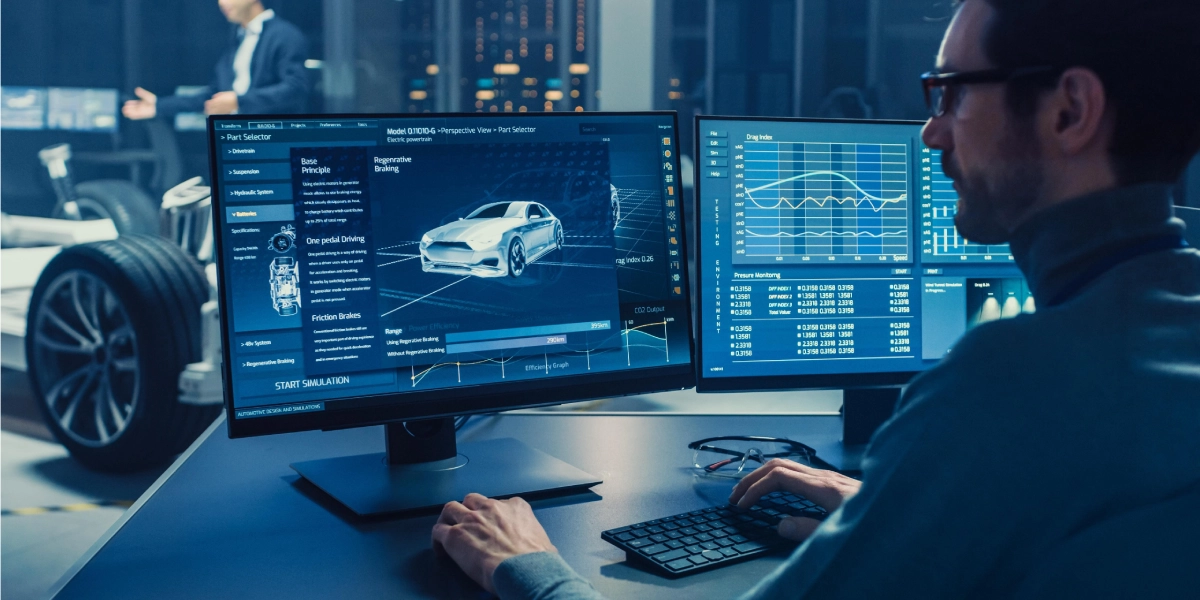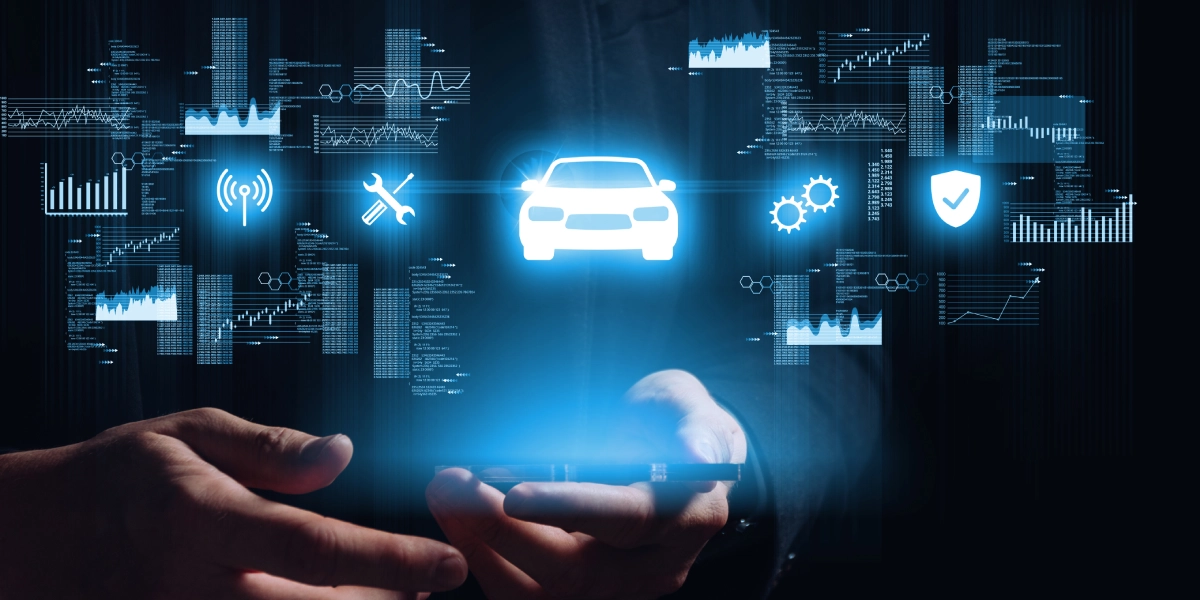As part of the upcoming Autumn Budget 2025, the UK government is set to introduce a new tax on electric vehicles (EVs) in the form of a 3 pence-per-mile charge. This move comes as part of efforts to compensate for the loss of revenue from traditional fuel duties. Here’s what UK drivers and businesses need to know about the proposed pay-per-mile tax on EVs.
What Is the New EV Tax?
The new charge, dubbed “VED+”, will apply to electric vehicles starting in April 2028. It is expected to be announced by Chancellor Rachel Reeves in the upcoming budget and will be open for consultation post‑announcement. The tax aims to ensure that EV drivers contribute fairly to the upkeep of the UK’s road infrastructure, a responsibility currently fulfilled by petrol and diesel drivers via fuel duties.
- 3p per mile tax: This charge is a fixed rate, applied on top of existing Vehicle Excise Duty (VED).
- Implementation timeline: The tax will be introduced from April 2028, following a consultation period that will begin after the Budget announcement on November 26, 2025.
- Why now?: The Treasury argues that, as more drivers switch to zero-emission vehicles, there is a need to maintain fairness in how road maintenance is funded across all types of vehicles.
Industry Concerns and Opinions on 3 Pence-Per-Mile Tax
The introduction of this new tax on EVs has received mixed reactions from industry experts and stakeholders, many of whom are concerned about the timing of the change. The Society of Motor Manufacturers and Traders (SMMT) has voiced concerns that this measure could discourage people from switching to electric cars at a time when the UK is striving to meet its zero-emission targets.
Key Concerns:
- Deterrent to EV adoption: Many feel that adding an additional charge will make EVs less appealing, particularly when the upfront cost of electric cars is already high.
- Hesitation from businesses: Fleet operators, who have already been grappling with EV adoption challenges, may reconsider the switch if running costs rise unexpectedly due to the new tax.
- Impact on rural and high-mileage drivers: Those who drive significant distances or live in rural areas, where charging infrastructure is limited, could face disproportionate financial burdens under the new system.
As Jon Lawes from Novuna Vehicle Solutions stated, the new levy risks sending the wrong signal during a critical period for the UK’s net-zero transition.
What New EV tax Means for Businesses and Fleet Operators
For businesses that use EV fleets, this new tax could significantly affect running costs. For instance, a vehicle that drives 20,000 miles per year could incur an additional £600 in annual costs due to the tax.
Here’s a breakdown of the potential impact:
- Fleet adoption: Businesses that have made the shift to electric fleets may hesitate to expand their EV investments, especially as operating costs could become more unpredictable.
- Long-term planning: Fleet managers may now need to account for this additional charge in their long-term financial planning, adjusting fleet strategies and considering more affordable alternatives.
- EV Salary Sacrifice: For businesses offering EV salary-sacrifice schemes, the impact of the pay-per-mile tax could change the tax efficiency of such programmes, making it vital for businesses to assess this new factor.
What Can You Do to Prepare For Pay-Per-Mile Tax on Evs?
While the new pay-per-mile tax on EVs isn’t set to come into force until 2028, businesses and individuals can begin preparing now by considering how this tax will affect their financial plans.
Here are a few steps to take:
- Review EV adoption plans: Businesses should assess whether the introduction of the tax will affect their decision to switch to EVs. Some may need to rethink their fleet strategy to accommodate higher costs.
- Maximise tax reliefs: Explore available tax incentives for EVs, including salary sacrifice schemes and benefit-in-kind tax exemptions.
- Plan for future tax changes: Stay informed about government consultations and updates, and work with a tax advisor to ensure you’re prepared for any financial changes.
How Apex Accountants Can Help
At Apex Accountants, we provide tailored financial services to help businesses comply with the complicated changes in motoring tax, including the upcoming EV pay-per-mile tax. Our team of experts can support you with:
- Tax planning for electric vehicle fleets: Helping you adjust to the new tax and ensure your business remains financially efficient.
- Financial forecasting for EV adoption: Assessing the long-term impact of the pay-per-mile tax on your operating costs and adjusting strategies accordingly.
- Support with EV salary sacrifice schemes: Ensuring that your employees can still benefit from tax-efficient EV schemes despite potential changes in taxation.
Conclusion
The introduction of a 3p per mile tax on electric vehicles marks a pivotal moment in the UK’s journey toward a zero-emission future. While the move aims to address funding shortfalls in road maintenance, it could present new challenges for businesses and drivers already grappling with the costs of EV adoption.
At Apex Accountants, we are here to guide you through the changes, ensuring that your business is well-prepared for the future of motoring taxation. Contact us today to discuss how expert tax planning can help you navigate upcoming changes.
FAQs on the New Tax on EVs?
What is the pay-per-mile tax, and what does it mean?
The pay-per-mile tax is a proposed charge for electric vehicles (EVs), where drivers would pay a fixed amount (around 3p per mile) based on how far they drive. This tax aims to compensate for the declining revenue from traditional fuel duties as more drivers switch to zero-emission vehicles
When would the per‑mile tax start?
The per-mile tax is expected to take effect from April 2028, after a public consultation following the Autumn Budget in November 2025.
Who will it apply to?
The tax will apply to zero-emission vehicles (EVs), including private cars and business fleets, as part of the government’s effort to fairly distribute road maintenance costs.
What will the rate be?
The proposed rate for the new tax is approximately 3p per mile, designed to offset lost revenue from fuel duties as more drivers switch to electric vehicles.
Will petrol/diesel drivers pay this too?
Currently, petrol and diesel drivers will not pay the new pay-per-mile tax, as they already contribute via fuel duty. This tax is specifically for electric vehicle owners.
Does this mean EVs will no longer be cheaper to run?
EVs will still have lower fuel and maintenance costs compared to petrol or diesel vehicles, but the introduction of the per-mile tax may reduce the overall cost advantage.
What about drivers who do low mileage?
For low-mileage drivers, the new tax will be less expensive than for high-mileage drivers, making it a potentially fairer system that scales with vehicle usage.
What are the concerns for rural or long-distance drivers?
Rural and long-distance drivers may face higher costs due to fewer charging options and longer travel distances, which could make the additional tax more burdensome for them.
Can businesses offset this tax?
Yes, businesses can offset the impact of the tax by seeking expert tax advice, adjusting fleet strategies, and leveraging available incentives to mitigate higher costs.
Is the policy definite?
The per-mile tax is not yet finalised and will be subject to public consultation after the Autumn Budget 2025, with further details expected to emerge in the following years.
What should I do now?
If you are considering EV adoption for your fleet or a salary-sacrifice scheme, it’s important to consult with a tax advisor to understand the potential financial impacts and plan accordingly.









